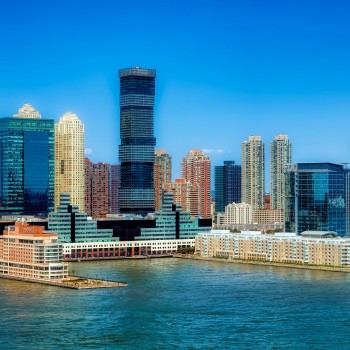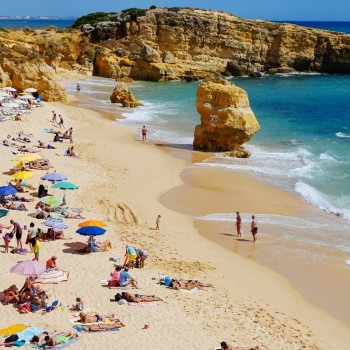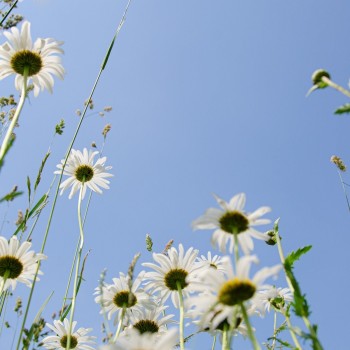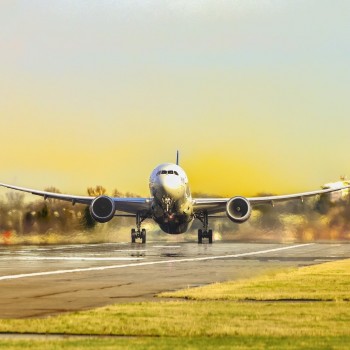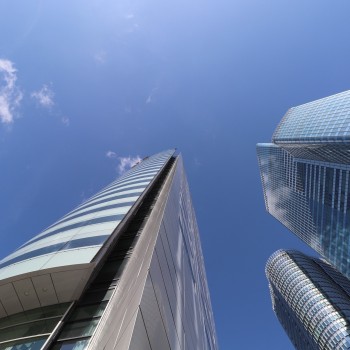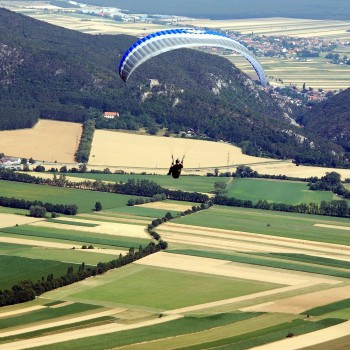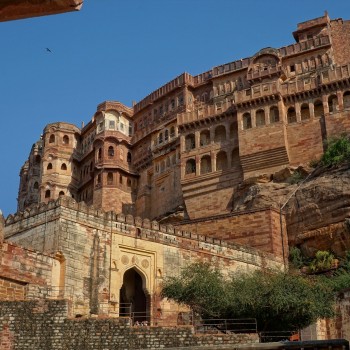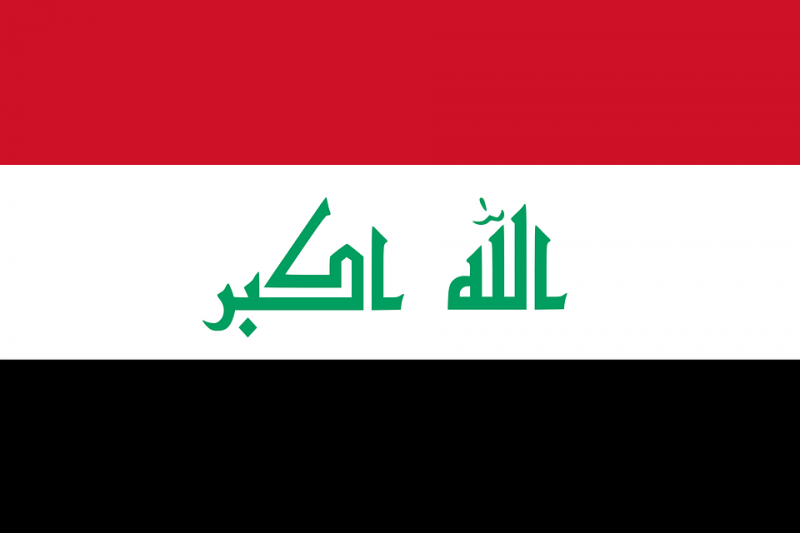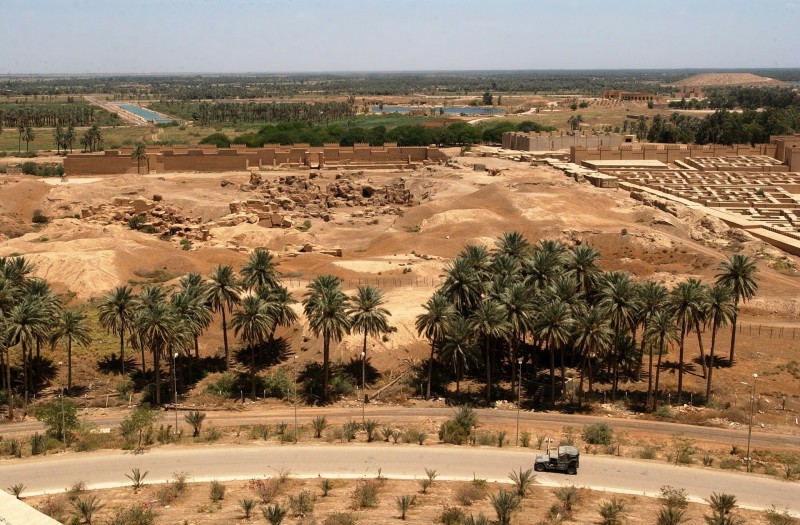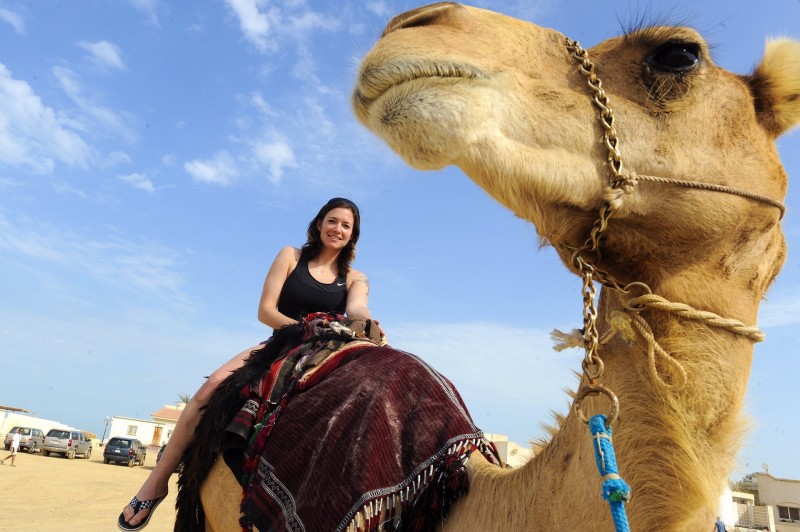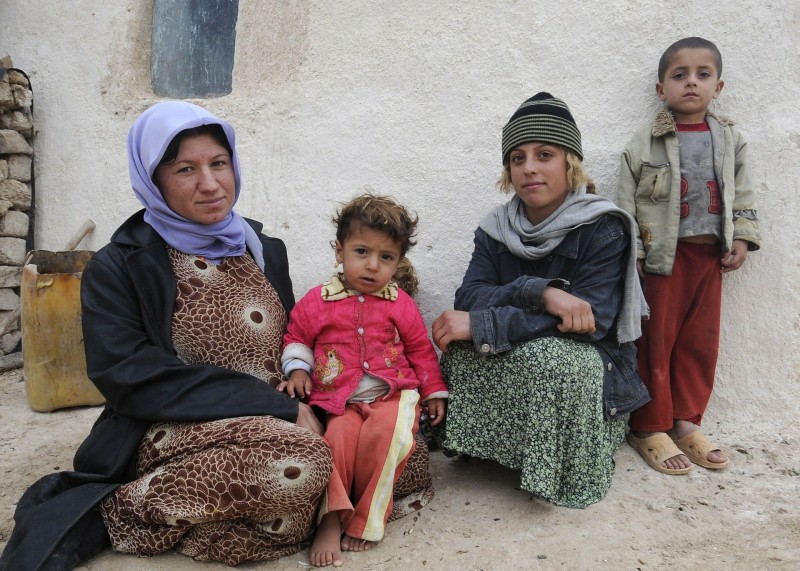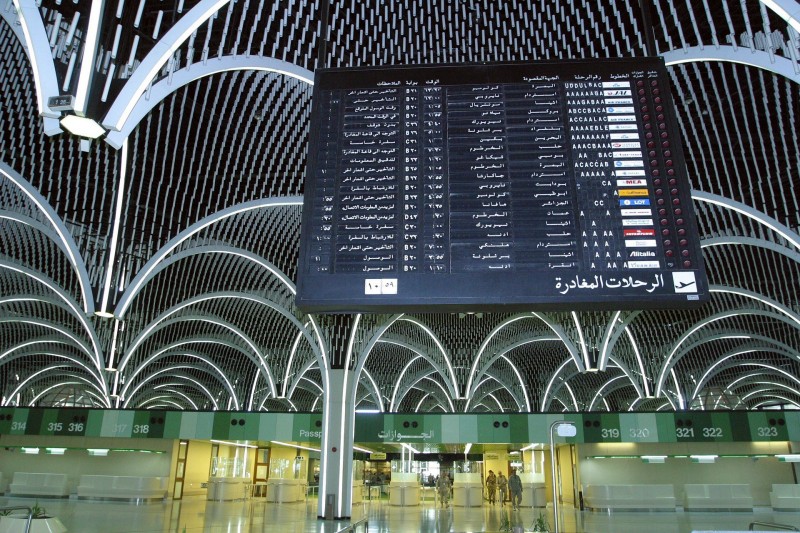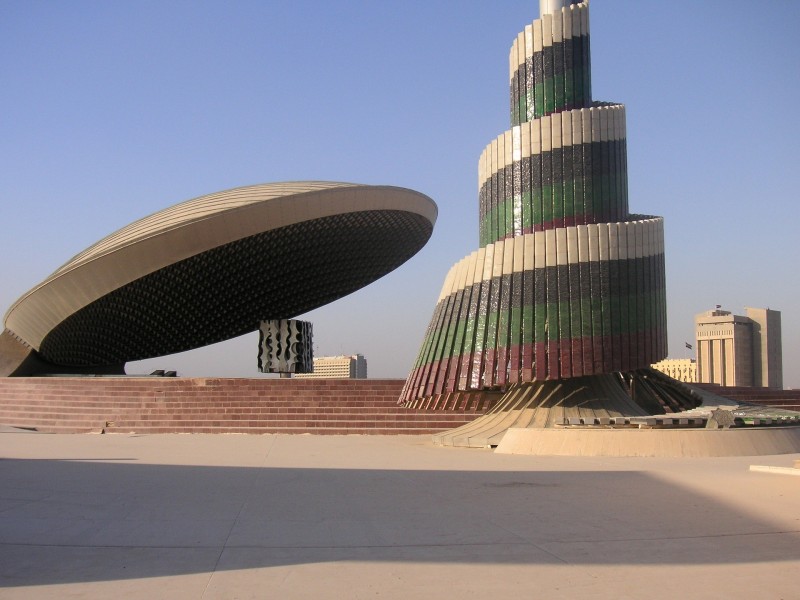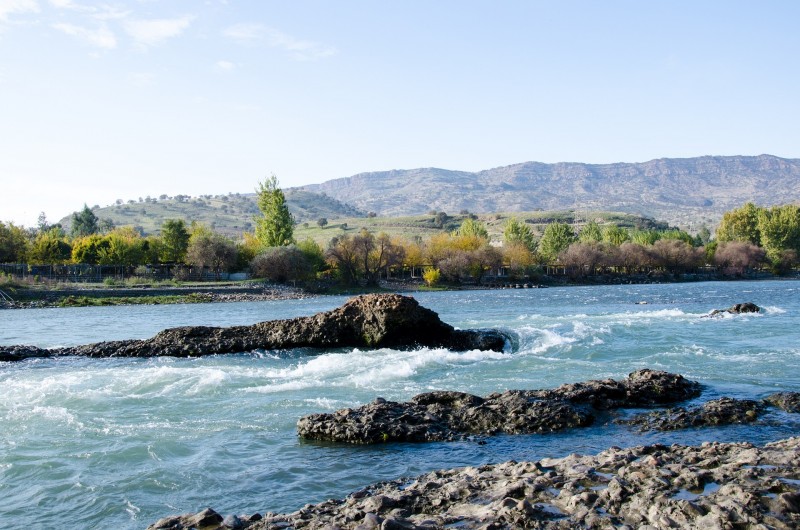Iraq
Iraq
Capital city description
The capital of Iraq is Baghdad. It is the largest city in the country, with 6,431,839 residents and one of the most populated in the Middle East after Cairo and Tehran. It is located next to the Tigris River.
The skyline of Baghdad is dotted with richly ornamented minarets and domes, many of which belong to mosques and shrines. The most impressive is the Al Kadhimiya Mosque.
Climate
- Summer: May to October
- Winter: November to May
In Iraq, the climate is desert in the center and the south, with mild winters and scorching summers; it's semi-desert in the north, with relatively cold winters. In contrast, in the northern mountains, the climate is cold and rainy or snowy in winter and hot and sunny in summer, but cooler nights due to the high altitude.
Languages spoken
Arabic and Kurdish are the primary languages in Iraq. Standard Arabic is used for official purposes in the nation. Most of the inhabitants of Iraq, however, use the Mesopotamian Arabic variant. Mesopotamian Arabic is spoken in two primary dialects, namely Gelet Mesopotamian Arabic and Qeltu Mesopotamian Arabic.
Fun/Fascinating Facts
- In Arabic, the name Iraq means “deeply rooted, well-watered; fertile.” The name has been in use since before the sixth century.
- Iraq shares borders with six countries: Syria, Saudi Arabia, Jordan, Iran, Turkey, and Kuwait.
- According to Islamic traditions, Prophet Noah built his ark in Kufa, which is situated in Iraq.
- Traditionally in Iraq, more than half of all brides and grooms marry their first or second cousin.
- If someone admires an Iraqi’s property, such as a vase, the Iraqi will usually insist that the person takes it. Therefore, it is proper etiquette to avoid lavishly praising another person’s possessions.
Unique Customs/Traditions
- . An Islamic tradition stipulates that someone must be allowed to stay in your home for three days before you can question why they are visiting and when they will leave. Visitors are treated like kings and must constantly be fed and looked after.
- If you are invited to an Iraqi’s home, bring a box of cookies, pastries, or a box of chocolates. A fruit basket is also appreciated.
- Iraqis consider family and honor to be of supreme importance. The extended family or tribe is both a political and social force.
- It is customary to sacrifice a lamb or a goat to celebrate holidays.
- Both adults and children keep to themselves and are not loud and rowdy, especially in public. Men commonly hold hands or kiss when greeting each other, but this is not the case for men and women. Respect is given to the elderly and women, especially children, as men offer their seats on buses and trains.
Popular universities
| Name | Description | |
|---|---|---|
| University of Baghdad | The University of Baghdad (the mother university) is the second-largest university in the Middle East, located in the urban setting of the large metropolis of Baghdad. It was established in 1957, the oldest university in Iraq, and the College of Law (1908), the College of Engineering (1921), the Teachers’ High School / College of Education later (1923), and the College of Medicine (1927) represent the first building blocks for the founding of the University of Baghdad (1957). The first of its kind, from which the highly trained teaching, technical and administrative staff were launched, became a help for the owners of other Iraqi universities founded and built later, as it benefited from those staff and other government institutions. | |
| University of Babylon | The University of Babylon is a non-profit public higher education institution located in Al Hillah, Babylon. This institution also has branch campuses in the following locations: Al Qasim, Al Mussayeb. Established in 1991 and officially recognized by the Ministry of Higher Education & Scientific Research of Iraq, The University of Babylon offers courses and programs leading to officially recognized higher education degrees such as bachelor degrees, master degrees, doctorate degrees in several areas of study | |
| University of Technology | The University of Technology is a non-profit public higher education institution located in the urban setting of the large city of Baghdad. Established in 1960 and officially recognized by the Ministry of Higher Education & Scientific Research of Iraq. The University of Technology offers courses and programs leading to officially recognized higher education degrees such as bachelor's degrees, master's degrees, doctorate degrees in several areas of study. | |
| University of Mosul | The University of Mosul is a non-profit public higher education institution located in the urban setting of the metropolis of Mosul, Nineveh. Founded in 1967 and officially recognized by the Ministry of Higher Education & Scientific Research of Iraq. University of Mosul (UoM) offers courses and programs leading to officially recognized higher education degrees such as bachelor's degrees, master's degrees, doctorate degrees in several areas of study. | |
| University of Mustansiriyah | The University of Mustansiriyah is a non-profit public higher education institution located in the urban setting of the large center of Baghdad. Founded in 1963 and officially acknowledged by the Ministry of Higher Education & Scientific Research of Iraq. The University of Mustansiriyah offers courses and programs leading to officially recognized higher education degrees such as bachelor's degrees, master's degrees, doctorate degrees in several areas of study. | |
| American University of Iraq | The American University of Iraq, Sulaimani is a non-profit private higher education institution located in the urban setting of Sulaymaniyah, Kurdistan. Founded in 2007 and officially recognized by the Ministry of Higher Education and Scientific Research of the Kurdistan Regional Government. The American University of Iraq, Sulaimani (AUI-S), offers courses and programs leading to officially recognized higher education degrees such as bachelor's degrees in several areas of study. | |
| University of Duhok | The University of Duhok is a non-profit public higher education institution located in the urban setting of the small city of Duhok, Kurdistan. Founded in 1992 and officially recognized by the Ministry of Higher Education and Scientific Research of the Kurdistan Regional Government. The University of Duhok (UoD) offers courses and programs leading to officially recognized higher education degrees such as bachelor's degrees, master's degrees, doctorate degrees in several areas of study. | |
| University of Diyala | The University of Diyala is a non-profit public higher education institution located in Baquba, Diyala. This institution also has a branch campus in Muqdadia. Founded in 1999 and officially recognized by the Ministry of Higher Education & Scientific Research of Iraq. University of Diyala (UOD) offers courses and programs leading to officially recognized higher education degrees such as bachelor's degrees, master's degrees, doctorate degrees in several areas of study. | |
| University of Anbar | The University of Anbar is a non-profit public higher education institution located in the rural setting of the municipality of Ramadi, Anbar. Founded in 1970 and officially recognized by the Ministry of Higher Education & Scientific Research of Iraq. The University of Anbar offers courses and programs leading to officially recognized higher education degrees such as pre-bachelor degrees (i.e., certificates, diplomas, associate or foundation), bachelor degrees, master degrees, doctorate degrees in several areas of study. This institution also has a branch campus in Ramadi. | |
| University of Kerbala | The University of Kerbala is a non-profit public higher education institution located in the urban setting of the metropolis of Karbala. Founded in 2002 and officially recognized by the Ministry of Higher Education & Scientific Research of Iraq. University of Kerbala (UOK) offers courses and programs leading to officially recognized higher education degrees such as bachelor's degrees, master's degrees, doctorate degrees in several areas of study. | |
Festivals & Events
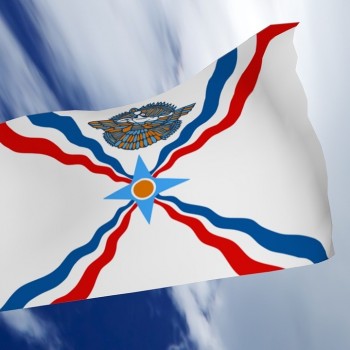
Assyrian New Year
Date: April 1
The Assyrian New Year is celebrated yearly on April 1 in all countries where Assyrians reside, with long parades in colorful outfits and ancient costumes. Students, dignitaries, men, and women join parties, dancing in the streets and parks for hours.
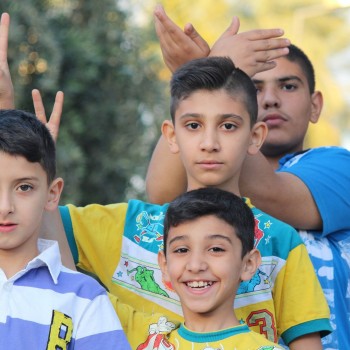
Iraq Short Film Festival
Date: August 1st-30th
The Iraq Short Film Festival celebrates movies made by and for Iraqis. A series of short films are shown in the Arabic or Kurdish language throughout Baghdad. They gather a large audience, filmmakers, and other professionals in the International, Arabic, and Iraqi film and cinema industries. It was established in 2005.
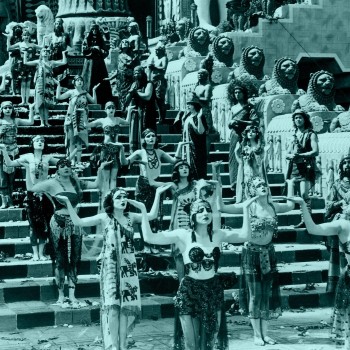
Babylon International Festival
Date: October
The Babylon International Festival comprises all aspects of arts and music. The event depicts different cultures and civilizations, celebrating science and culture through folkloric ensembles, singing, musicals, stage performances, seminars, workshops, and other activities.
Iraq's Babylon International Festival has attracted thousands of fans. Its main goal is to preserve ancient traditions by passing them on to the younger generations.
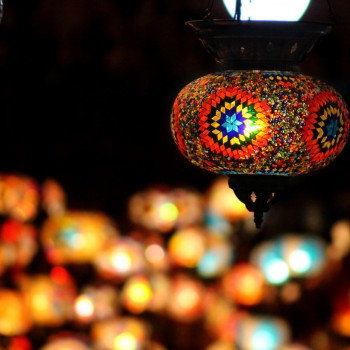
Eid ul-Fitr
Date: October
Eid ul-Fitr marks the end of Ramadan. Eid means " festivity" in Arabic, while Fitr means " to breakfast." The holiday is the breaking of the fasting period. The holiday lasts three days and starts by eating a small breakfast and attending Eid prayer at mosques. After prayer, people visit relatives, or some visit graveyards.
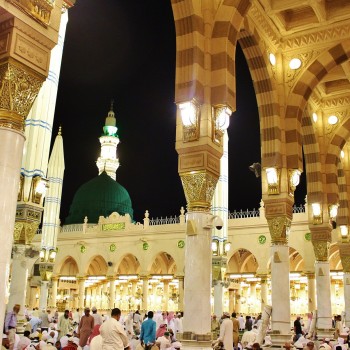
Prophet Mohammed's Birthday
Date: October 8
During Prophet Muhammad's Birthday, people in Baghdad and other major cities will be immediately struck by the dazzling lights displays adorning buildings and lining public streets. The most elaborate displays are genuinely impressive when seen at night.
There will be processions on Prophet Muhammad's Birthday in some quarters, and almost everyone will attend special mosque services and spend time feasting with family and friends.
Attractions / Top Sights
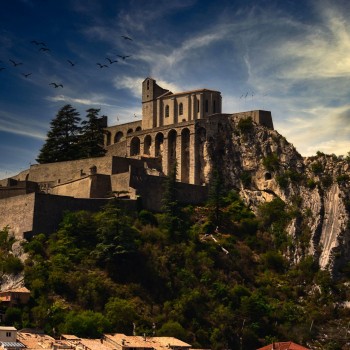
Erbil Citadel
When to visit: March to May
When to visit: https://whc.unesco.org/en/list/1437
Erbil Citadel is an exceptional surviving example of a formerly fortified settlement that has grown up on the top of an imposing ovoid-shaped tell. The archaeological mound's artificial topography conditioned the settlement's urban form, the structure of the Ottoman period urban fabric, which is legible, in the maze of alleys and cul-de-sacs radiating from the central Grand Gate.
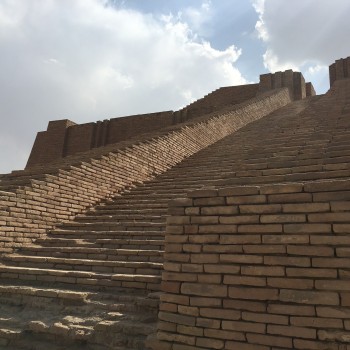
Ur
When to visit: September to October
Ur is remembered for its Biblical tales of epic floods and fearsome Babylonian kings and is also known for being one of the most beautiful ancient ruins in the region.
Located in the southern Iraqi deserts, Ur is the haven of the Ziggurat, a tall structure with high walls and steep staircases that would have been used in the days of old to worship the Akkadian moon gods.
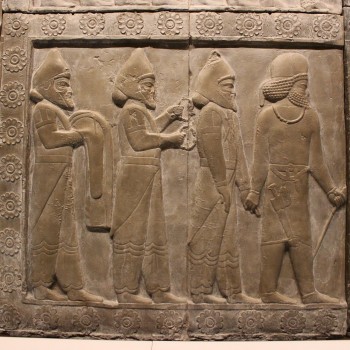
Babylon
When to visit: March to May
When to visit: https://www.history.com/topics/ancient-middle-east/babylonia
The town of Babylon was located along the Euphrates River in present-day Iraq, about 50 miles south of Baghdad. Babylon charmed up ancient empires, hanging gardens, and epic battles between Alexander the Great and Persian kings.
Under the Iraqi government, excavated Babylonian ruins and attempted to reconstruct certain ancient city features, including one of Nebuchadnezzar’s palaces. As you visit Babylon, you can marvel at artifacts such as gracefully crumbling lion statues.
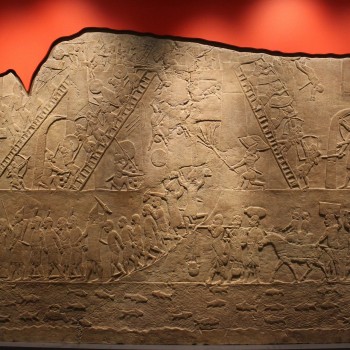
Iraq Museum
When to visit: September to October
The National Museum of Iraq is a museum located in Baghdad, Iraq. Also known as the Iraq Museum. The Iraq Museum's colossal collection reveals the epic story of human civilization, from the earliest settlements to the rise and fall of enormous empires.
Some of these artifacts are more than 10,000 years old and exhibit the development of everything from hunting and writing implements to mathematics, art, law, religion, and industry.


